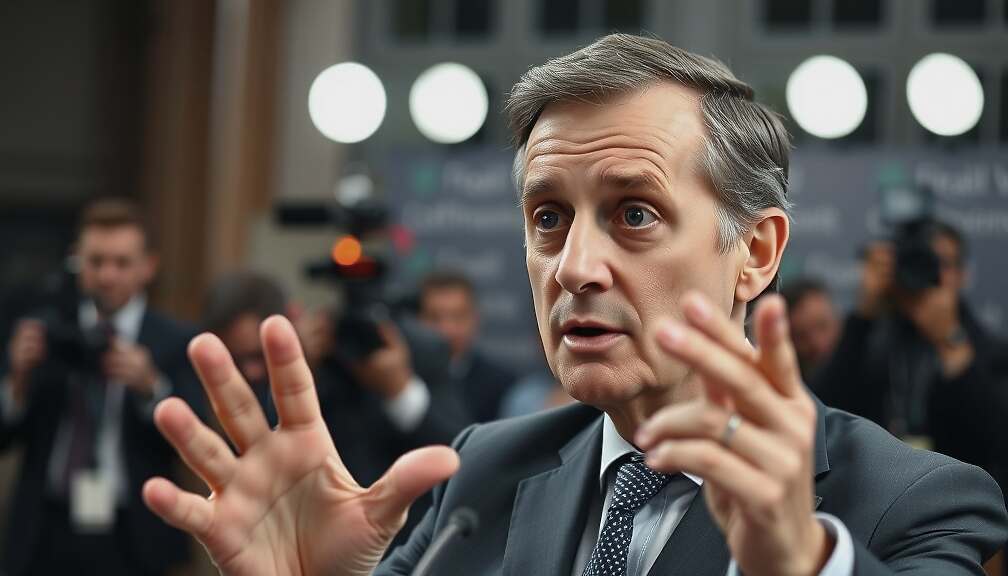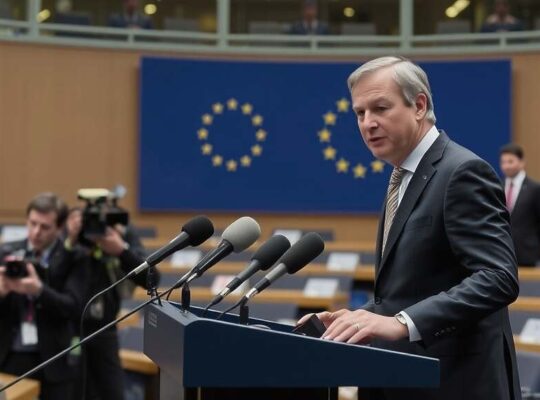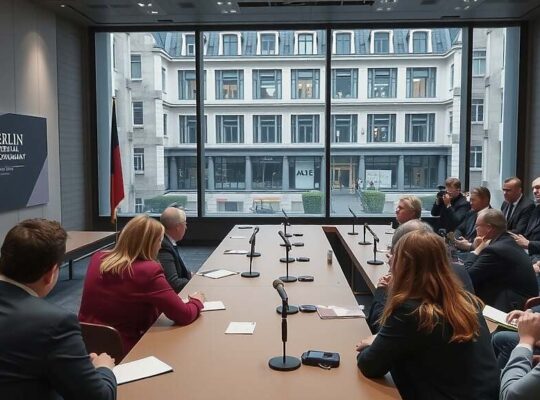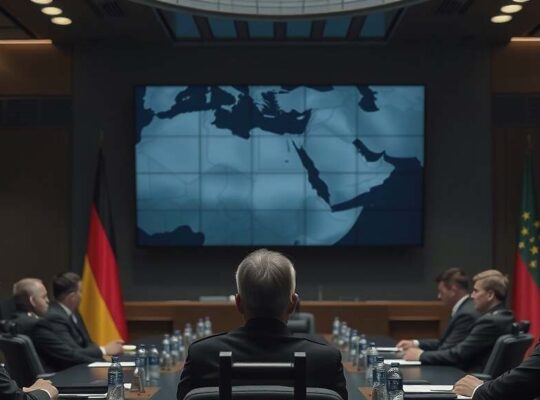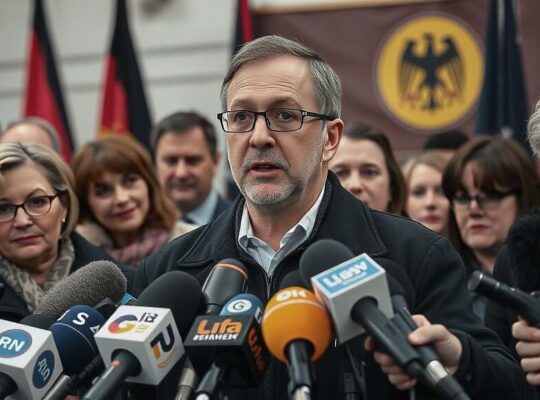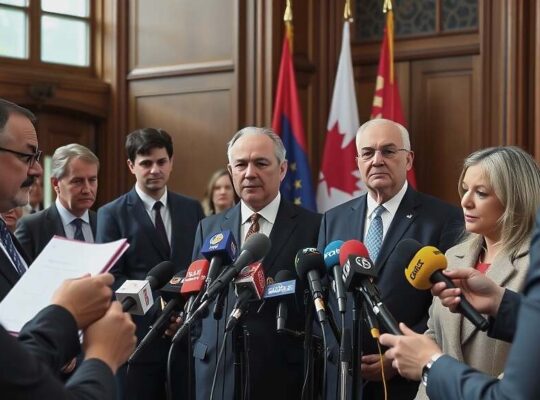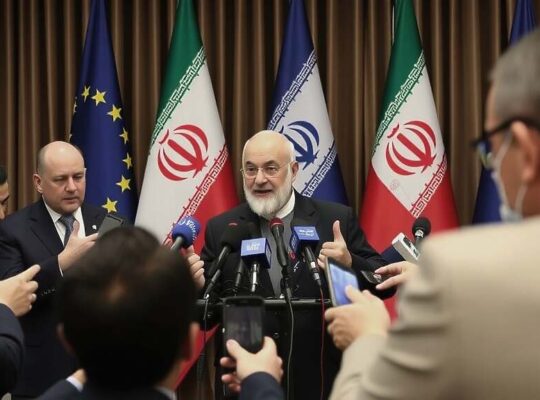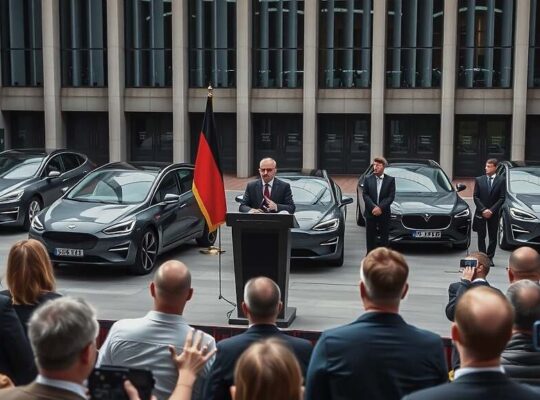Manfred Weber, President of the European People’s Party, has characterized a recent EU trade agreement with the United States as a significant warning sign.
Weber stated that this agreement marks the first instance of a US President leveraging American military strength to advance economic interests against Europe. He explained that European nations have historically relied on US military protection, including satellite data and intelligence sharing, which inherently strengthened the US negotiating position.
He described the EU as an “economic giant and a military dwarf” arguing that to exert influence in the future, a significant increase in military capabilities is essential. He advocates for a “dynamic of rearmament” and suggests Europe’s military weakness contributes to job losses within Germany. Weber calls for a more sovereign and robust Europe, pushing for a geo- and economic policy shift away from reliance on the US.
He emphasized the importance of a unified Europe to effectively project influence and defend its interests internationally, advocating for the pursuit of trade agreements with other partners, specifically highlighting the Mercosur agreement as a priority. He envisions a free trade zone encompassing 700 million people.
Weber also cautioned against the divisive force of nationalism within Europe, warning it risks fragmentation and loss of influence. He believes a descent into 27 individual economic and political entities would leave Europe vulnerable to manipulation by larger powers like the US and China, potentially facing far greater economic pressure than the current trade agreement.
Weber proposes concrete steps towards European independence, including the development of independent satellite systems to control European weapons without external reliance. He points out current reliance on US satellite data for systems like Patriot missiles as a critical vulnerability. Establishing European satellites, he argues, would not only ensure independence but also make the EU indispensable, as nations would require these systems for their own defense regardless of political leadership.
He also champions the creation of a European Cyber Brigade, arguing that the borderless nature of the internet necessitates a collective defense strategy, particularly for smaller EU member states lacking the capacity for independent protection.
Weber frames these initiatives as a parallel to the Euro, which he says has become irreversible due to its economic necessity. He aims to establish a similar dynamic within European defense, an arrangement that could not be easily dismantled.
He stressed the historical significance of the challenge, suggesting that failure to build these European defense projects would represent a significant failure of current political leadership. Though acknowledging the difficulty, Weber expressed optimism, stating he has observed more momentum towards European defense cooperation in the past few years than in decades.


